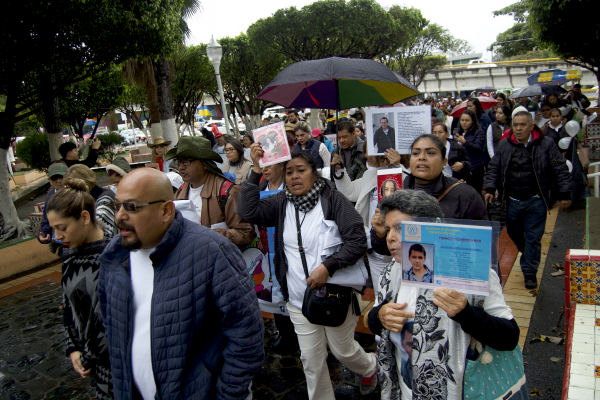Transforming our policing and reimagining public safety will require much more dialogue, bridge-building, and, ultimately, sustained public pressure.
“NO KNEELING!” So tweets our “dominate-the-streets” president in response to white football star Drew Brees voicing support for fellow players who take a knee during the national anthem to protest police violence. This, while demonstrations swell across the country in response to the murder of George Floyd by an officer who drilled his knee into Floyd’s neck for almost 9 minutes while the man lay face down on the ground, defenseless and dying.
When I see footage of Black murders, I feel horror and anger not only at the life that was violently taken, but also the idea of vacant and immune gazes transfixed on an unrealized destiny, a muted future, someone’s son, daughter, or father. There are some who, despite the graphic nature of these images, will watch with no sadness and no outrage. They will not see a person, only an object — objectified in life and objectified in death.
White churches need to enter conversations of racial justice with sobriety.
Prior to this moment, new allies have preached a gospel of Jesus devoid of justice. They failed to make the theological connection that Jesus and justice are, in fact, mutually inclusive. To invoke Jesus and then to invoke justice is redundant. Every time we invoke the name of Jesus, we commit ourselves to the ministry of justice. Every time we invoke the name of Jesus, we declare the psalmist’s decree that justice and righteousness are the foundations of God’s throne. Every time we invoke the name of Jesus, we summon the messianic prophecy that the spirit of the lord was upon Jesus, to preach the good news to the poor, to set the prisoners free from the Roman industrial complex, and to proclaim liberty to those who were oppressed. Every time we invoke the name of Jesus, we remember that Jesus was convicted of a crime he did not commit, received an unfair trial, and was sentenced to a state-sanctioned lynching on a tree. The ministry of justice is the ministry of Jesus. We cannot divorce our theology from the ministry of justice. To do so is to divorce ourselves from Jesus himself.
Black people don’t always end up dead when encountering police. But we almost always end up wounded.
How do you balance the sometimes competing demands of religion and democracy? Religious and legal scholar Melissa Rogers talks with Rev. Jim Wallis on about the fine line that is sometimes hard to distinguish when examining our duty to our religion and our government.
Rituals surrounding death provide solace and comfort. Ceremonies, such as funerals, hold our challenging and complicated emotions and provide space for us to acknowledge and accept the reality of death. But when we are not able to be physically held by those outside of our own home or partake in our religious rituals and death traditions, how do we process the death of those we love? Even as states reopen and larger groups are permitted to gather, some people are still apprehensive about convening. In this unfamiliar and uncertain moment, how do we mourn?
Black people have the most grace
You know why we insist that we strong
Cause for 400 years we have carried this weight
We got out okay
We are not okay
You are not okay
This is not okay
Desde donde me encontraba en la iglesia de Papantla, esperando agarrar aire cerca de la puerta lateral, miré a mi alrededor para ver docenas de mujeres con los ojos llenos de lágrimas. La procesión volvió a las calles de Papantla, encabezada por el obispo con sus vestimentas verde esmeralda. Marcharon durante la siguiente hora por la ciudad, sosteniendo sus fotos y gritando. Los espectadores se reunieron en las esquinas; los dueños de las tiendas se acercaron a la puerta para ver pasar a la multitud. "Unete, únete, que tu hijo puede ser," cantaban.









